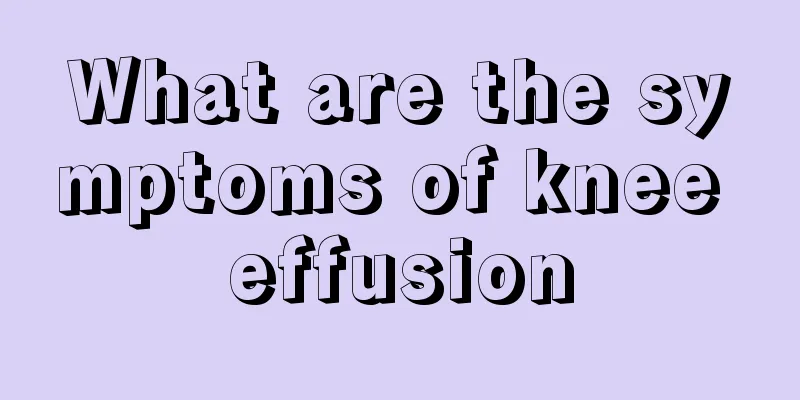Things to note after femtosecond surgery

|
Precautions after femtosecond surgery include the need to protect the eyes, because the eyes may experience tearing and photophobia after the operation. At this time, you cannot touch the eyeballs with your hands. You also need to pay attention to the number and type of eye drops, and pay attention to the post-operative follow-up time, and regularly check the changes in the eyes to avoid serious conditions such as eye infections. You can learn about the precautions after femtosecond surgery. 1. Early postoperative ocular reactions You may experience tearing, photophobia, foreign body sensation in the eye, etc. on the day after the operation. At this time, you should wait until the tears flow out before wiping them from your face. Never touch the eyeballs directly with tissues or towels. At the same time, some friends may feel mild eye pain or find subconjunctival hemorrhage (flaky hemorrhage on the white of the eyeball) after the operation. This is a normal phenomenon after surgery. The severity and duration vary from person to person. Most friends' eye discomfort can be relieved within 1 day, and subconjunctival hemorrhage can generally be absorbed naturally in 2-3 weeks. 2. Types and frequency of postoperative eye drops: LASIK: Starting from the first day after surgery, use Debiprox or Lutein eye drops: 4 times/day for 1 week; artificial tears: 4 times a day for 2 to 4 weeks; growth factors: 4 times a day for 2 to 4 weeks. 3. Postoperative follow-up time: Routine follow-up examinations are conducted on the 1st day, 10th day, 1st, 3rd, 6th, 12th, and 24th month after surgery. If you experience eye pain or other abnormalities, please contact us in a timely manner or go to your local ophthalmology clinic for examination as soon as possible. IV. Postoperative care and eye precautions: 1. Usually, you will wear the free protective glasses on the day after the operation, and you can use your eyes normally on the second day after the operation. However, if you feel that the outdoor light is glaring or the wind and sand are too strong, it is recommended that you wear protective glasses. Please wear night goggles when sleeping within 15 days after surgery to prevent external forces from causing the corneal flap to shift. 2. Do not go to nightclubs or dance halls within 1 week after the operation, do not eat irritating foods, and do not let water splash into the eyes when washing. If water splashes into the eyes accidentally, you can use antibiotic eye drops 1 to 2 times. Do not swim within 3 months after the operation, and it is recommended not to use cosmetics on the eyelashes as much as possible. 3. In the early stage after surgery, some friends may have some difficulty in seeing far or near, and may have symptoms such as uneven vision in both eyes, double vision, and visual fatigue. These are normal conditions that may occur during the recovery process, and each person's symptoms are different, and the early and late onset of symptoms and the duration of symptoms are also different. Please do not worry about it. 4. Night drivers must be careful in the early postoperative period. |
<<: What is the cause of nausea and dizziness
Recommend
How to wash ballpoint pen ink
We often see this at home: children’s clothes are...
What to do if synovitis recurs
Although in most people's eyes, synovitis doe...
What is the correct way to use makeup remover cotton?
When female friends put on makeup, they will use ...
What are the precautions after pituitary tumor surgery
We are no longer unfamiliar with the disease of p...
People should always do a good job in preventing lung cancer
Lung cancer is a common disease that will add a l...
Scabies treatment medication and typical symptoms
Scabies is a skin disease that causes red spots o...
What causes dizziness and panic?
If you want to effectively improve and relieve th...
What should I do if I suddenly have a severe toothache?
Toothache is very common in life, and there are m...
How long does it take to be hospitalized for nasopharyngeal cancer treatment?
How long does it take to be hospitalized for naso...
Can I take a bath with yogurt?
Now more and more women are beginning to pay atte...
Is early stage colon cancer contagious?
As people's living conditions improve, their ...
Sequelae of esophageal cancer treatment
When the disease of many esophageal cancer patien...
How to straighten bow legs
Bow legs, commonly known as "O-legs", a...
How to treat primary liver cancer non-surgically Non-surgical treatment methods for patients with advanced liver cancer
How to treat primary liver cancer non-surgically ...
Is peony red peony?
Peony is both common and precious, and has high n...









